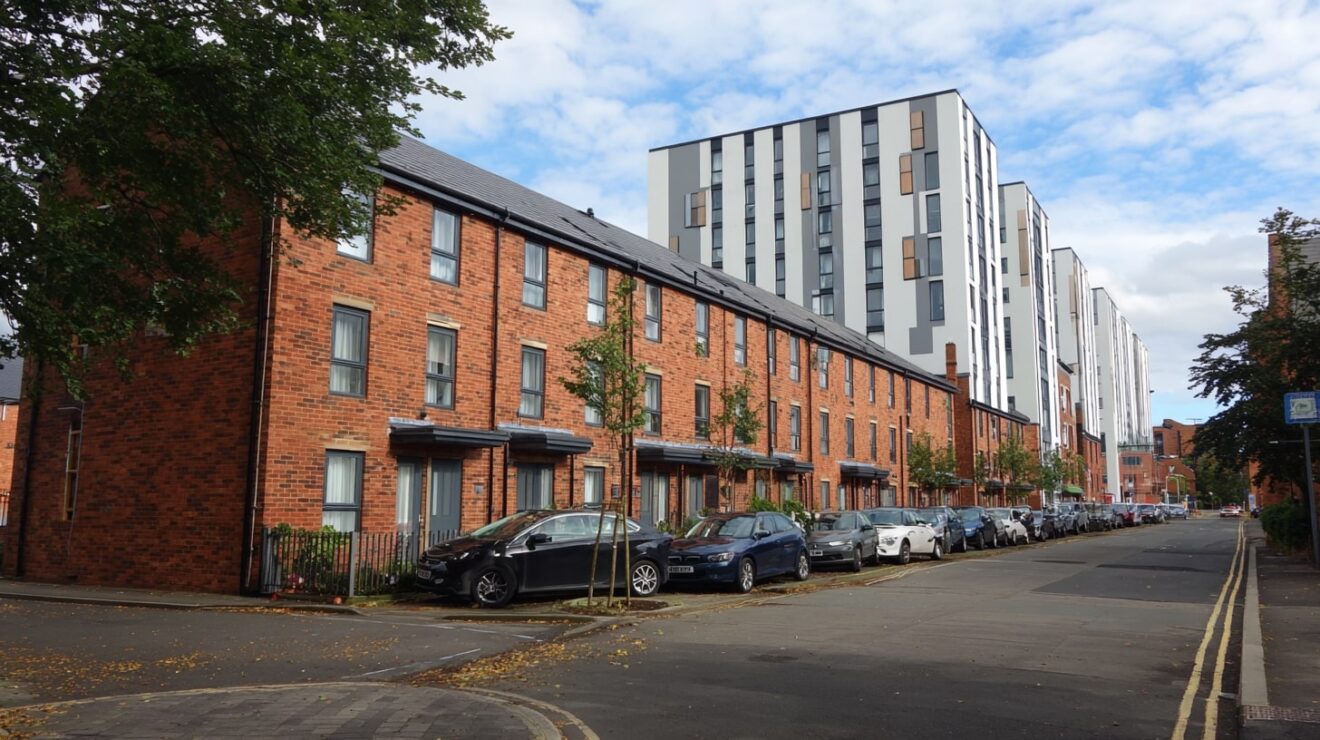“What’s next?” was the question that ran through my head on election night in late March as I realised I was going to be President of Bath Spa SU.
I remember my then new fellow officer (who is now in her second year) saying “You don’t need to worry, we’ve been through a general election, strikes and now coronavirus! We can help you through anything”.
Four days later the UK went into lockdown. Finishing a degree is tough at the best of times, doing it isolated in a dark student house entirely online with the pressure of a Presidency on the horizon was one of the hardest things I have ever done – and now I have to lead thousands of students to do the same.
But before that challenge I had to learn how to do the job.
Handover
Along with many other sabbatical officers in the country, I completed my handover, began my new job and joined a new working team all from my laptop. A virtual handover was weird as everyone knew it would be, peppered as it was with awkward pauses and lagging of online meetings – zoom fatigue is real.
We are naturally social creatures and the lack of body language and eye contact can really drain our energy as our minds work so hard to process the 2D image of a person whom usually talking to would be no effort at all.
As a new officer I’ve decided it is absolutely vital to take breaks. No one can learn sitting at a laptop staring at a screen for hours on end. My time is already so stretched, so i’ll use it to productively rest and come back more effective later.
During handover I experienced frustration with the lack of online etiquette in others that comes with daily back-to-back meetings. That’s not about the odd cat or doorbell – that’s all inevitable. It’s staff who didn’t mute themselves at all, some who obviously ignored others to answer an email they deemed more important, and others not even showing up at all with no explanation – all things I’m now going to aim to avoid if as someone who is working online.
Relationships
Creating a team relationship over google meet was difficult, but it was crucial. One thing that is clear is that good working relationships truly are the key to achieving things in higher education. At Bath Spa Students’ Union we have been doing social calls a few times a week in which the entire team is invited. Having a social space to recreate the “water cooler chat” is awkward at first – and maybe will be all year for some – but it’s beneficial for wellbeing and means when I’ve needed to work with a member of staff it is so much easier to do so in knowing them on a personal level.
Some other ways I have found of getting around the virtual barrier are to schedule in games nights, or even have socially distanced meets in the park, but it is always important to be engaged and to listen. The temptation is all too real to check emails or stare at yourself on your screen, but being unengaged does nothing but bad.
We all know the dangers of multitasking. University staff wondering how to create a relationship with your new SU officers should book in time to just meet them and not talk about work. Some of my favourite chats with staff members have been about things that have nothing to do with work, and now as an officer I feel like we have a better working relationship because of taking the time needed to learn about each other.
Inequalities in meetings
The other side of the coin in online working is the inequalities hidden in meetings. The underlying and often unconscious oppression of minority groups has always existed in higher education – but this is exacerbated so much more online.
In a world that feels almost like living in social media, people behave in ways they never normally would in person. The person chairing (especially if they are a person with privilege) can often single out members of a group who are maybe newer or less experienced, putting them on the spot with no warning and purposefully making them feel inadequate – or even worse, purposefully stop them from speaking at all.
As a young female student I have had my fair share of being passed by or encountering snide post meeting comments about the points I was able to raise. And I am aware I still have far more privilege than many other officers. But now I am unable to sit with my peers for support, and making a counter argument against a member of staff is so much harder. Being able to tell their body language or look over to my colleagues for confirmation and support is impossible.
So advice I would have for university committee chairs is to contact your student officers and reps in advance of the meeting. Brief them about the main student issues in the papers, and if they ask if they should bring up a point, support them in doing so both before and during the meeting. And never put them on the spot.
The good bits
All of the above is not to say the experience hasn’t been good. On the contrary, my sustainability remit is doing very well! And now I have learnt all the committee structures and have a grip on my emails, I struggle to imagine how I could do this in person.
Running from one end of campus to the other and travelling to meet my mentor in the city centre sounds like a lot of hassle! Lockdown has had many a silver lining.
So what’s next now? As lockdown reduces by the week (that is until the dreaded second wave) I can’t wait to meet my colleagues and friends in the flesh. I’m also looking forward to having my team in the office and getting to spend time away from my screen and walk around my campus.
But I do dread the morning commute. And with my initial experiences under the belt, I’m looking forward to getting stuck into how students will get onto campus too.


















